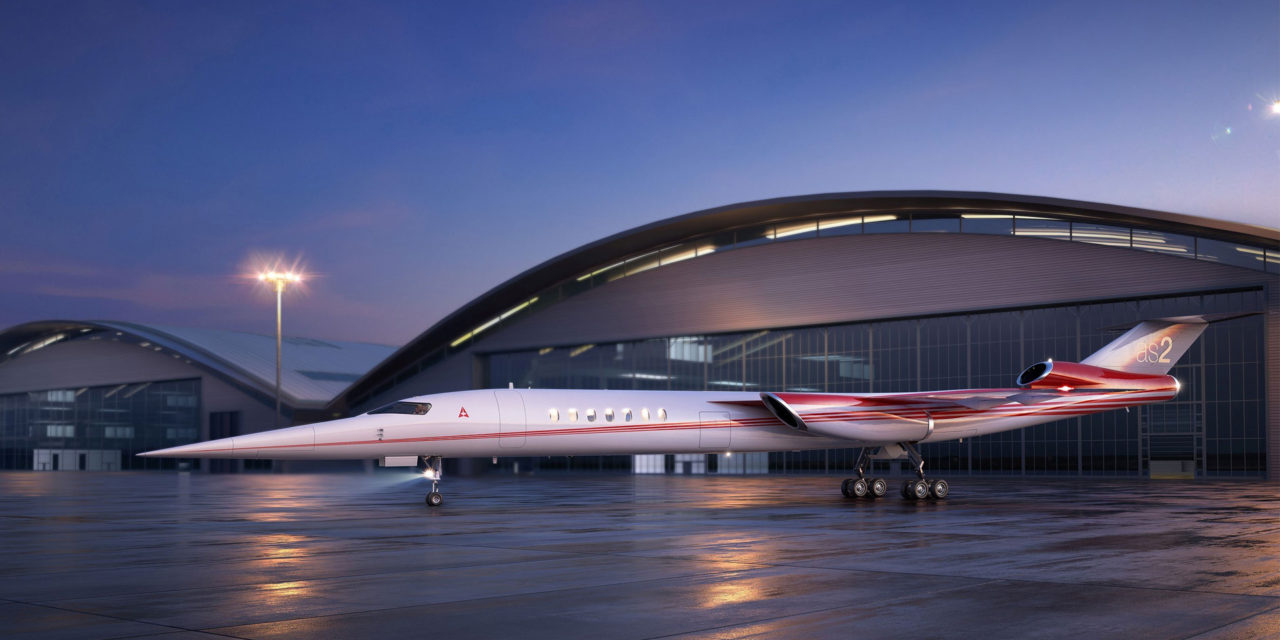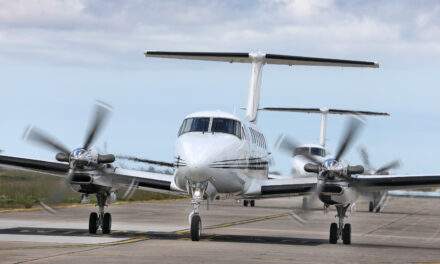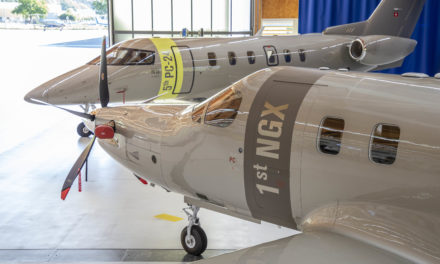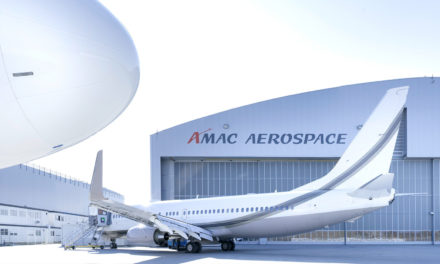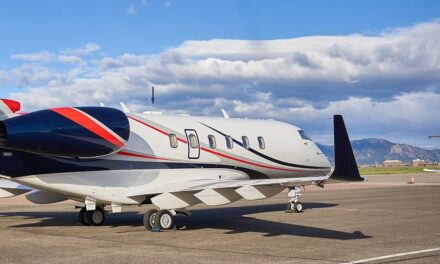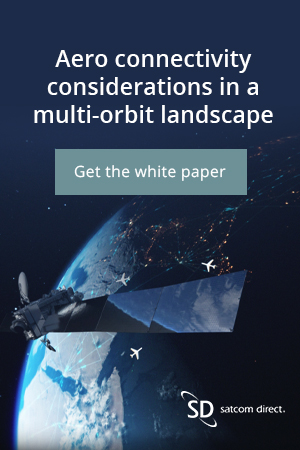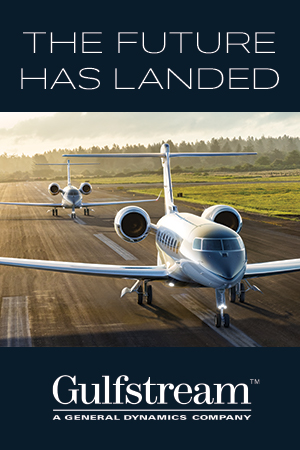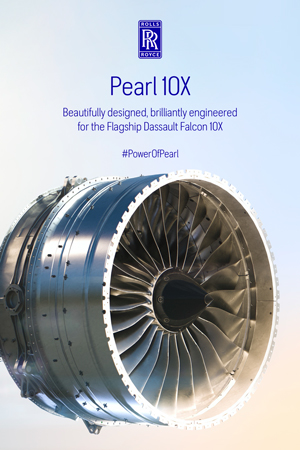Two leaders in supersonic technology, Aerion and Lockheed Martin announced a Memorandum of Understanding (MOU) today to define a formal and gated process to explore the feasibility of a joint development of the world’s first supersonic business jet, the Aerion AS2. Over the next 12 months, the companies will work together to develop a framework on all phases of the program, including engineering, certification and production. Aerion Chairman Robert M. Bass stated, “This relationship is absolutely key to creating a supersonic renaissance. When it comes to supersonic know-how, Lockheed Martin’s capabilities are well known, and, in fact, legendary. We share with Lockheed Martin a commitment to the long-term development of efficient civil supersonic aircraft.“
“We are excited to work with Aerion on their development of the next-generation, efficient supersonic jet that will potentially serve as a platform for pioneering future supersonic aircraft,” said Orlando Carvalho, Executive Vice President, Lockheed Martin Aeronautics.
The MOU is the result of extensive discussions between Aerion and Lockheed Martin’s Skunk Works Advanced Development Programs team. For close to 75 years, Skunk Works has existed to create revolutionary aircraft that push the boundaries of what is possible. Lockheed Martin, known for developing the world’s leading supersonic combat aircraft, the F-16, the F-35, and F-22, as well as the Mach 3+ SR-71 reconnaissance aircraft, is committed to fostering new innovations and developing supersonic technologies with civil and commercial applications.
“Following our initial review of Aerion’s aerodynamic technology, our conclusion is that the Aerion AS2 concept warrants the further investment of our time and resources,” said Carvalho. “We are committed to remaining on the cutting edge of aerospace technology and are excited to examine the contribution we might make to working with Aerion on making aviation history.“
During the last two and a half years, Aerion advanced the aerodynamics and structural design of the AS2 through a previous engineering collaboration agreement with Airbus. Through that effort, the two companies developed a preliminary design of wing and airframe structures, systems layout, and preliminary concepts for a fly-by-wire flight control system.
“We are grateful for Airbus’ contribution to the program,” said Brian Barents, Aerion Executive Chairman. “We could not have moved the program to this stage without their support. » In May 2017, GE Aviation announced an agreement with Aerion to define a supersonic engine for the AS2. The latest announcement with Lockheed Martin further positions Aerion as the leader in the nascent sector of civil supersonic aviation.

